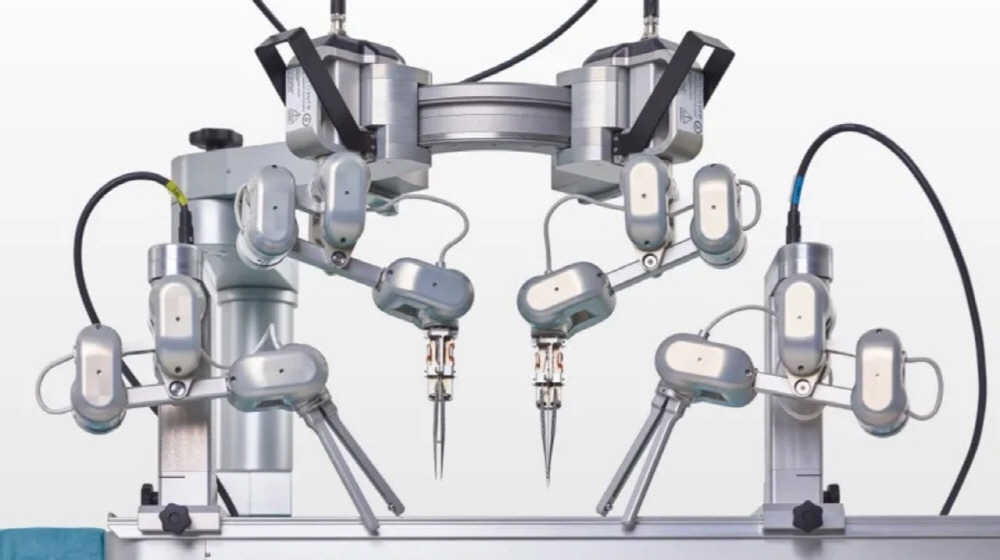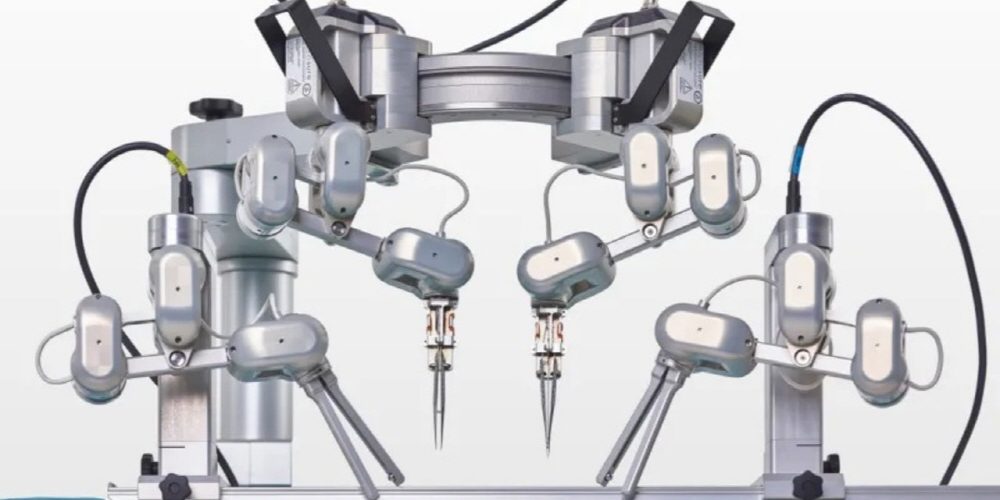
Musa, a surgical robot that can connect 0.3mm blood vessels, is said to have passed the first clinical trial. According to a paper from the research team at the University of Maastricht Medical Center in the Netherlands, published in the journal Nature, Musa is a robotic system for reconstructive surgery through ultra-microsurgery that can suture vessels of 0.3mm to 0.8mm thickness.
Suture itself is not absolutely impossible with human hands, but as it requires absurd skill, dexterity and patience, this robotic system can assist with this with accuracy. It is said that if a doctor manipulates it with a clamp-type controller, it makes it possible to perform surgery without actually transmitting a small tremor of the hand to the ultra-fine surgical instruments while transmitting hand movements. In other words, it can be said that it is not an assistive device such as a powered suit, rather than a robot that performs surgery at will.
Musa’s first clinical trial was conducted in 20 patients with lymphedema related to breast cancer that were randomly selected for trial. The surgery was divided into a person who usually undergoes surgery with a human hand and surgery using a robot, and the conditions of the sutured operation and the time taken for the operation were compared. As a result, the condition of the blood vessels that were sutured using a robot was distinctly better than that done only with human hands, but the operation time was increased by 34 minutes for the robot. According to the thesis, the time difference is not so severe, and the operation is easy to remember and the speed increases as you adapt.
In any case, as there are no serious side effects and it can improve the quality of life of patients, the thesis reveals that it has shown promising results for the future of reconstructive treatment using microscopic surgery. There will still be a need for more clinical trials, but if officially approved, more patients will certainly benefit. Related information can be found here .


















Add comment